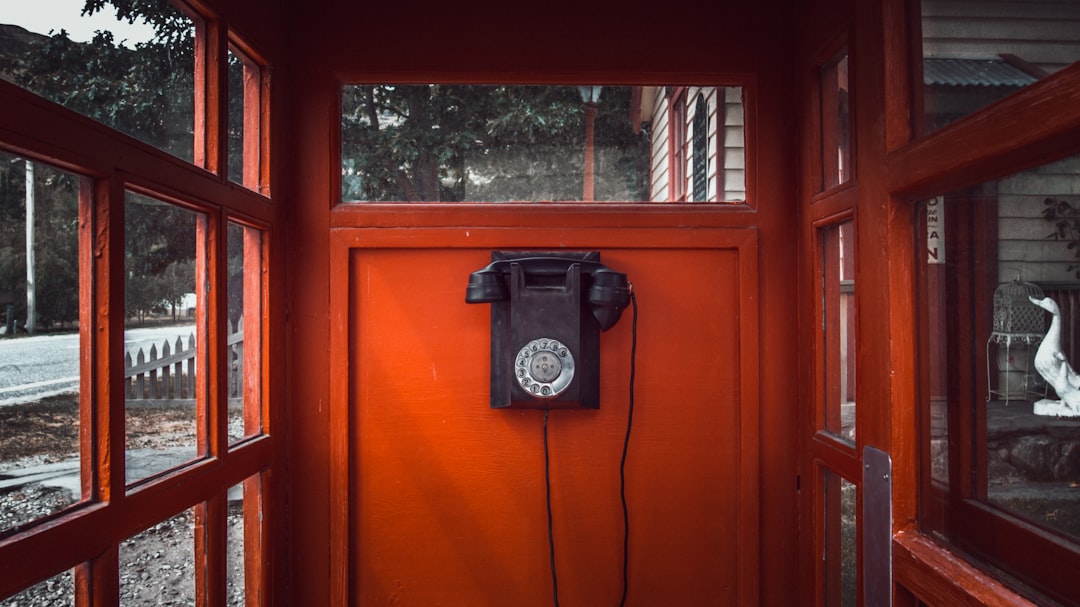In Little Rock, Arkansas, robocalls from "Do Not Call" lawyers and attorneys have become a pervasive issue, impacting residents differently based on age and economic status. While younger adults find them intrusive, older demographics either embrace or endure them. These calls range from marketing to political campaigning and even fraudulent activities, with landline reliance amplifying the problem. The situation hinders access to justice for those seeking legal counsel and raises ethical concerns about automated calling campaigns. To combat this, a multi-faceted approach is needed, including technological solutions, consumer education, and legal action involving specialized "Do Not Call" lawyers in Arkansas.
In today’s digital era, the rise of robocalls has become a pervasive issue across Little Rock, Arkansas. This article delves deep into the impact of automated calls on diverse demographics within the city. From age groups to income levels and political engagement, we explore how robocalls uniquely affect each segment. Furthermore, we discuss strategies to mitigate disruptions and emphasize consumer protection, particularly through the lens of ‘Do Not Call’ laws, connecting with relevant legal experts in Arkansas for guidance.
The Impact of Robocalls on Residents of Little Rock: A General Overview

Robocalls have become a ubiquitous part of daily life in Little Rock, Arkansas, affecting residents across diverse demographics. These automated calls, often from unknown numbers, can range from marketing messages to political canvassing and even fraudulent schemes. While some may view them as harmless annoyances, the impact of robocalls extends deeper, particularly among vulnerable populations such as seniors, low-income individuals, and those lacking digital literacy.
In Little Rock, where a significant portion of the population relies on landline phones, robocalls targeting “do not call” preferences have been a growing concern. Many residents are unaware or unable to register their numbers on national “do not call” lists, leaving them prone to incessant calls from law firms, attorneys, and legal collections agencies. This is especially problematic for those seeking legal counsel but are instead deluged with automated messages promoting lawyer services, as in the case of “Do not call lawyers Arkansas” or “Do not call attorney Arkansas.” Such inundation can hinder genuine communication between potential clients and legitimate legal professionals, undermining trust and accessibility to justice.
How Robocalls Affect Different Age Groups in Arkansas

Robocalls have a significant impact across various age groups in Little Rock, Arkansas, each reacting and perceiving these automated calls differently. Younger adults, often tech-savvy and more aware of privacy rights, are generally more annoyed by robocalls. They are more likely to view them as intrusive and a violation of their personal space, especially when it comes to Do Not Call lawyer or attorney messages. Many young people actively seek tools to block such calls due to the frequent nature of these automated campaigns.
In contrast, older demographics in Arkansas might find robocalls more comforting, especially those who are retired and have more time on their hands. They may view these calls as a source of important information or even entertainment. However, for the elderly, constant robocalls can also lead to increased stress and anxiety, particularly if they are from law firms or Do Not Call lawyer services, creating a potential need for legal assistance to stop such calls. This highlights the diverse impact of robocalls based on age, with younger individuals seeking solutions to block them and older adults either embracing or enduring them.
The Effect of Automated Calls on Income Levels and Occupations

In Little Rock, Arkansas, as in many cities across the country, automated robocalls have become a ubiquitous part of daily life. These calls, often promoting legal services or demanding immediate action, can significantly impact different demographics, particularly when it comes to income levels and occupations. Among lower-income residents, the constant stream of unsolicited calls from “do not call lawyer Arkansas” or “do not call attorney Arkansas” firms can be overwhelming and intrusive, adding unnecessary stress to their already challenging financial situations. Many such individuals might feel compelled to answer these calls out of curiosity or fear of missing potential opportunities, leading to wasted time and energy.
On the other hand, those with professional occupations, especially in legal or customer service fields, may view robocalls as a nuisance or even a distraction from their work. The frequent interactions with “do not call law firms Arkansas” can disrupt workflows, particularly in high-pressure environments where every minute counts. This phenomenon raises concerns about the effectiveness and ethics of automated calling campaigns, especially when targeted at specific demographics, potentially reinforcing existing social and economic inequalities.
Exploring the Influence of Robocalls on Political Engagement and Participation

Robocalls have significantly impacted political engagement and participation across various demographics in Little Rock, Arkansas. With the proliferation of automated phone systems, citizens are often inundated with political messages, whether they wish to receive them or not. This can lead to a range of responses, from increased awareness and informed decision-making to frustration and tuning out altogether. In Arkansas, where “Do Not Call” laws for lawyers and attorneys are stringent, the effect of robocalls promoting legal services is particularly noteworthy. Many residents find these calls intrusive, leading to a potential disconnection from political processes.
However, despite the negative perceptions, robocalls can also serve as a powerful tool for engaging hard-to-reach populations. In Little Rock, efforts to use automated calls for get-out-the-vote initiatives or community notifications have shown promise. By targeting specific demographics, such as younger voters or minority groups, these calls can increase political participation and ensure that important information reaches those who might otherwise be overlooked. This dual nature of robocalls underscores the importance of striking a balance between consumer protection against unwanted calls and utilizing this technology for civic engagement.
Strategies to Mitigate Robocall Disruption and Promote Consumer Protection in Little Rock

In Little Rock, Arkansas, mitigating robocall disruption and promoting consumer protection involve a multi-pronged approach. One effective strategy is to leverage the power of technology to block automated calls. Many modern smartphones have built-in call filtering features or apps that can identify and block robocalls. Additionally, consumers can register their phone numbers on the National Do Not Call Registry, which restricts marketing calls from certain organizations.
Another crucial step is educating residents about the risks associated with answering unknown calls and providing them with resources to combat robocalls. Encouraging people to avoid interacting with unsolicited callers, especially those demanding immediate action or threatening consequences, can significantly reduce the success rate of fraudulent robocalls. Furthermore, hiring a specialized do not call lawyer or consulting with an attorney for do not call in Arkansas can empower individuals to take legal action against persistent or malicious robocallers, reinforcing consumer protection measures.






